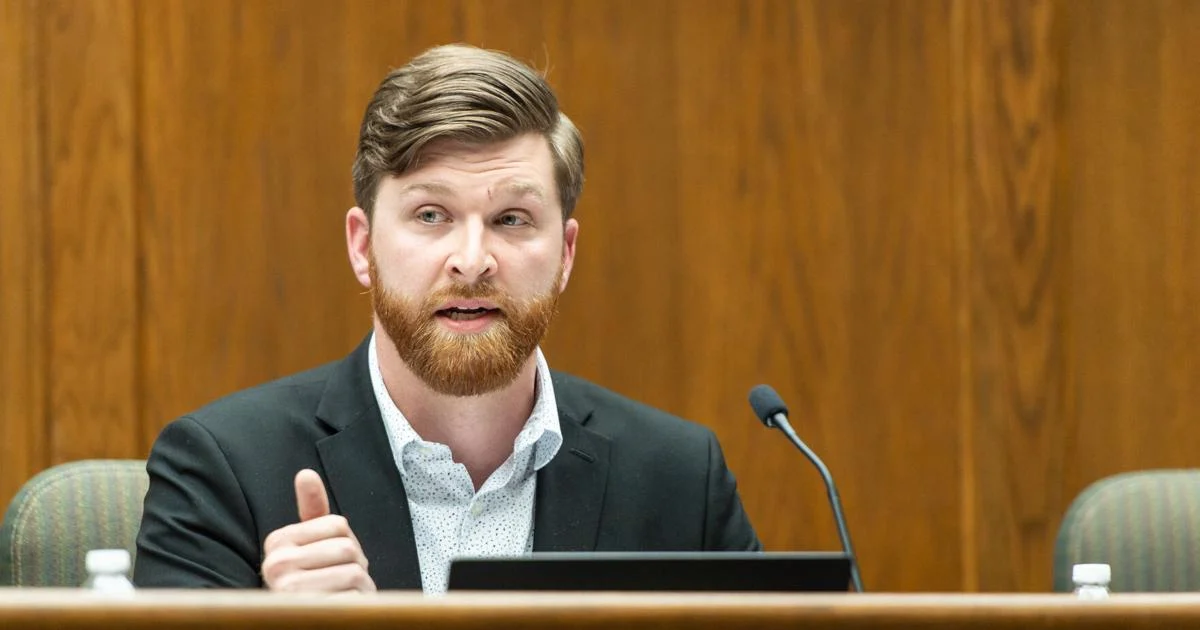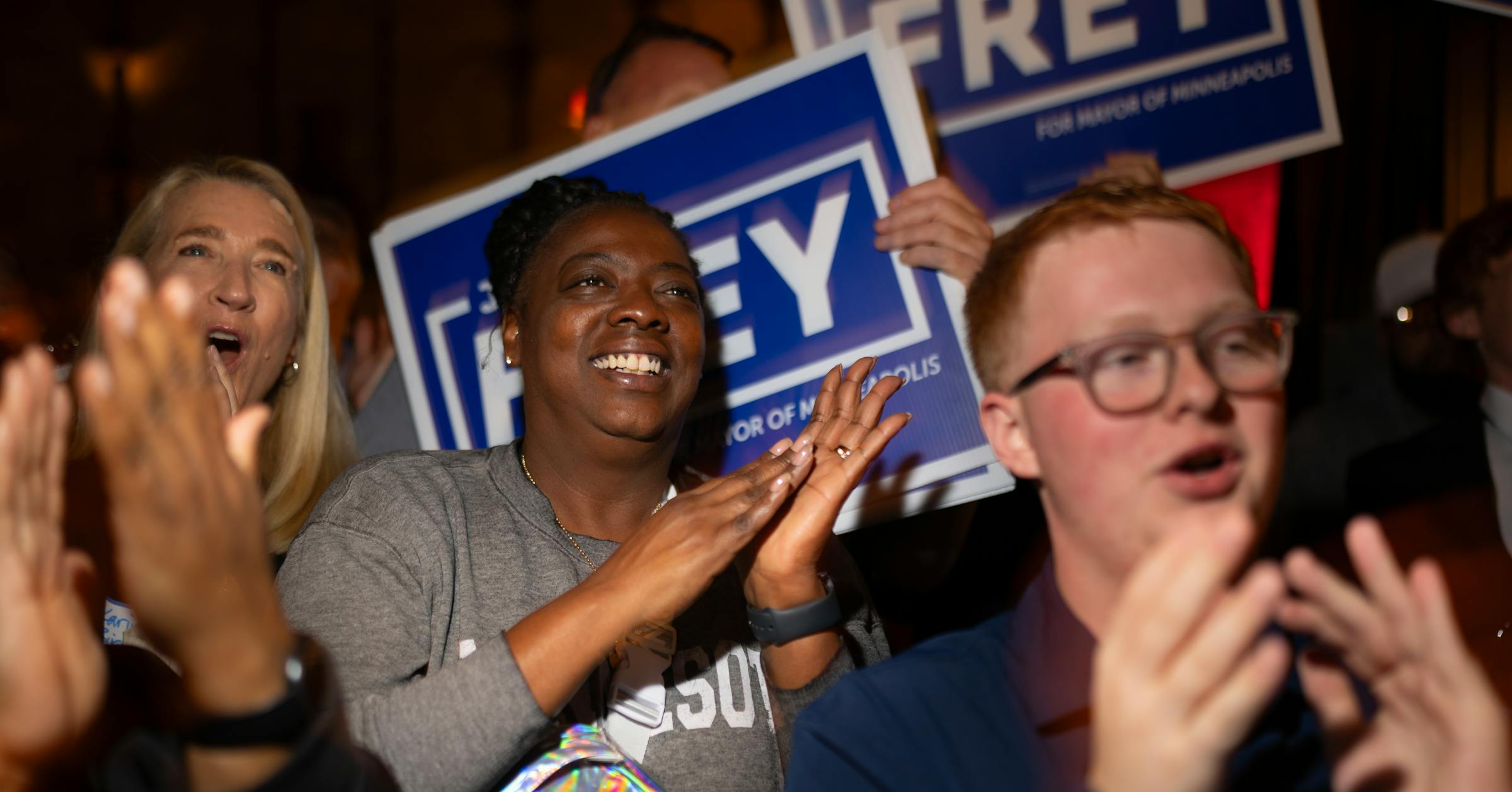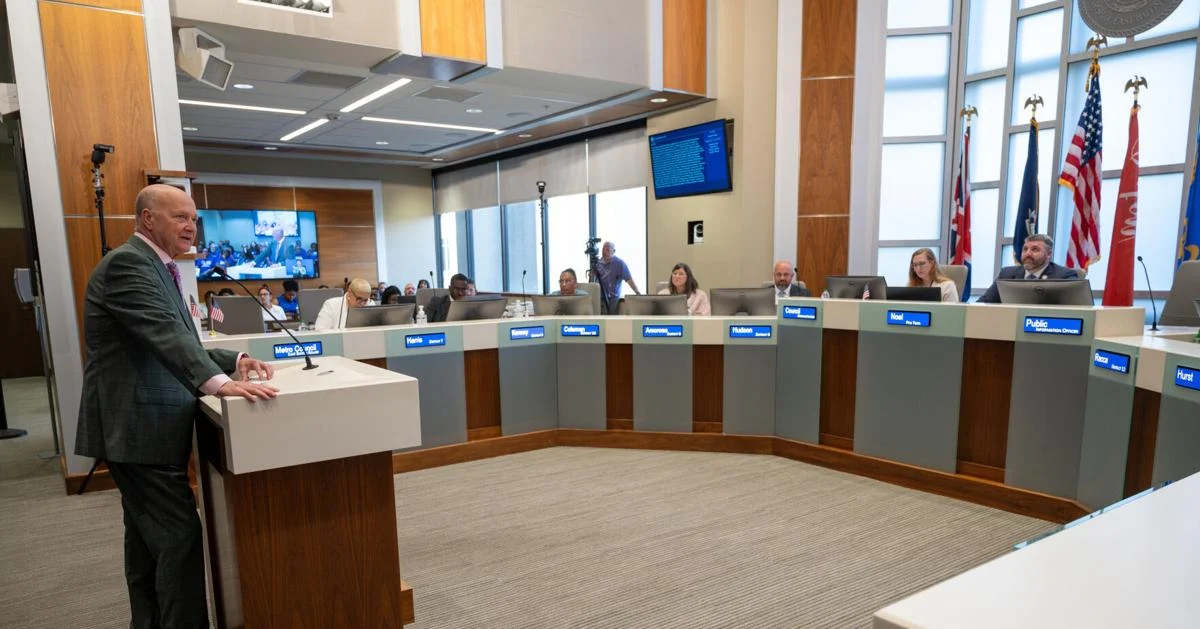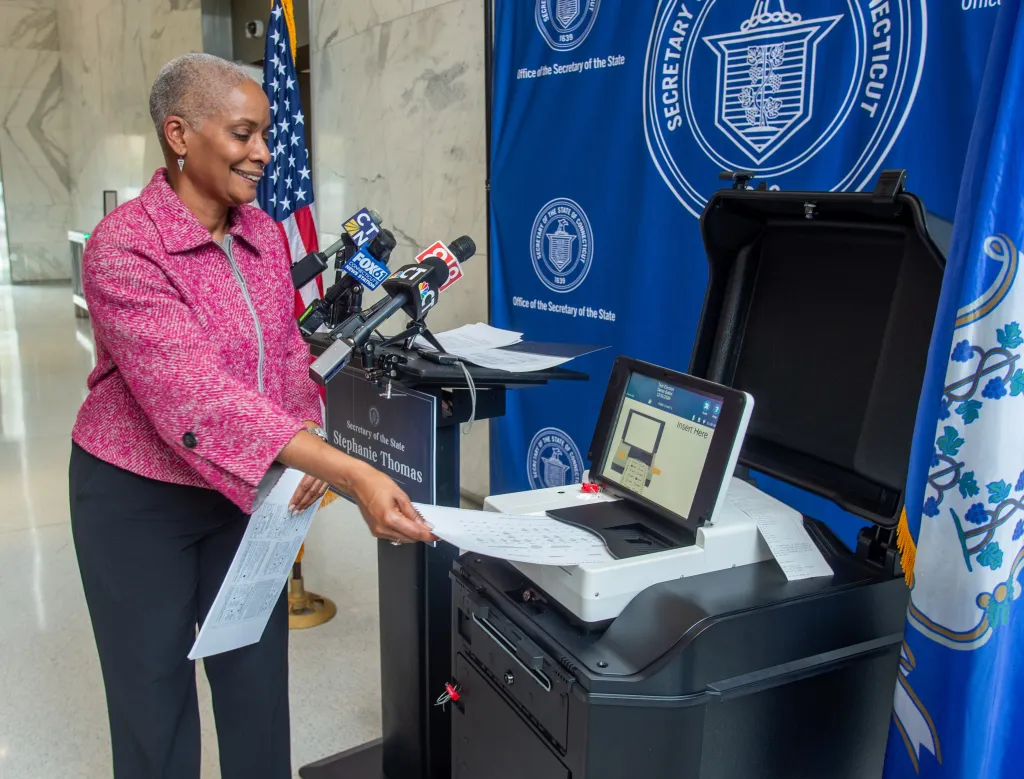Copyright Charleston Post and Courier

Logan Cunningham, a Beaufort County Council member representing Bluffton, is entering the increasingly crowed race for the 1st Congressional District seat being vacated by Nancy Mace, who is running for governor. The twice-elected Republican is expected to make a formal announcement of his candidacy during a public event scheduled for Nov. 12. In a social media post, Cunningham wrote that his candidacy represents movement more than a campaign. “We’re not here to play politics,” he wrote. “We’re here to fight for the people, the Lowcountry, and the future of America.” According to reporting in “Bluffton Today,” Cunningham began a campaign for the 1st District seat ahead of the 2020 election. He dropped out of the race in September 2019, opting to run instead for Beaufort County Council. That bid was successful, and Cunningham later cruised to his District 7 reelection in 2024. He defeated Democrat Sarah McCarty, carrying 67 percent of the vote. According to his biography, Cunningham is a lifelong resident of the Lowcountry. He graduated from the University of South Carolina Beaufort with a degree in elementary education. He taught for three years before leaving the field. Cunningham’s social media profile currently identifies him as the general manager of Station 300, a Bluffton bowling alley. “Make no mistake, I’m committed to protecting our small businesses, preserving our way of life, and ensuring every citizen has access to our waterways,” Cunningham wrote in a recent social media post. The field competing for the 1st District seat is growing and currently includes Republican state Rep. Mark Smith of Mount Pleasant, Dorchester County Councilmember Jay Byars, Air Force veteran Alex Pelbath and former doctor Sam McCown. Also listed on Ballotpedia as a candidate is Bluffton resident Tyler Dykes. Dykes pleaded guilty to charges stemming from the Jan. 6, 2021, storming of the U.S. Capitol. He was sentenced to 57 months in prison, but was subsequently pardoned by President Donald Trump. Mac Deford and Mayra Rivera-Vazquez are among the Democrats in the race. The 2026 primary, which will narrow the field to a single candidate from each party, will be held June 9. The coastal 1st District has long been a reliable GOP seat in deeply red South Carolina — with one brief break in 2018 when Democrat Joe Cunningham, no relation to Logan Cunningham, flipped it for the first time in nearly 40 years. The Democrats didn’t hold the district for long. Mace reclaimed the seat for Republicans two years later and has won reelection ever since. The Republican hold on the district was bolstered when its lines were redrawn following the 2020 census. That plan was challenged by the South Carolina branch of the NAACP, who argued that redrawn lines excluded 30,000 Black Charleston voters from the district. The case went to the U.S. Supreme Court. In 2024, the court, by a 6-3 vote, upheld the new map of the district. In the decision, justices argued that the challengers failed to provide direct evidence that the political lines for the new 1st Congressional District were motivated by race and, therefore, concluded there was no violation of either the 14th or 15th amendments. "The challengers provided no direct evidence of a racial gerrymander, and their circumstantial evidence is very weak," the opinion states, claiming those opposed to the new maps had relied on "deeply flawed expert reports." A second challenge to the redrawn district was filed by a South Carolina’s League of Women Voters chapter that sought to protect what the group considered a standing right for voters to participate in district lines free of political engineering. The South Carolina Supreme Court rejected that case, saying it’s a legislative right to draw congressional maps. In a Sept. 17 decision, S.C. Chief Justice John Kittredge noted the court holds that partisan gerrymandering claims present a political question that is beyond the court’s authority to decide even as they may prove troubling. “(We) are seeing — and will continue to see — state legislatures race to further minimize and perhaps erase the representation of the state's minority political party in Congress,” he wrote. “These results may, indeed, be in line with each respective state's constitution and laws, but they collectively have the effect of diminishing our constitutional republic as a whole.” Reporters Mitchell Black, Caitlin Byrd and Anna Wilder contributed to this story.



